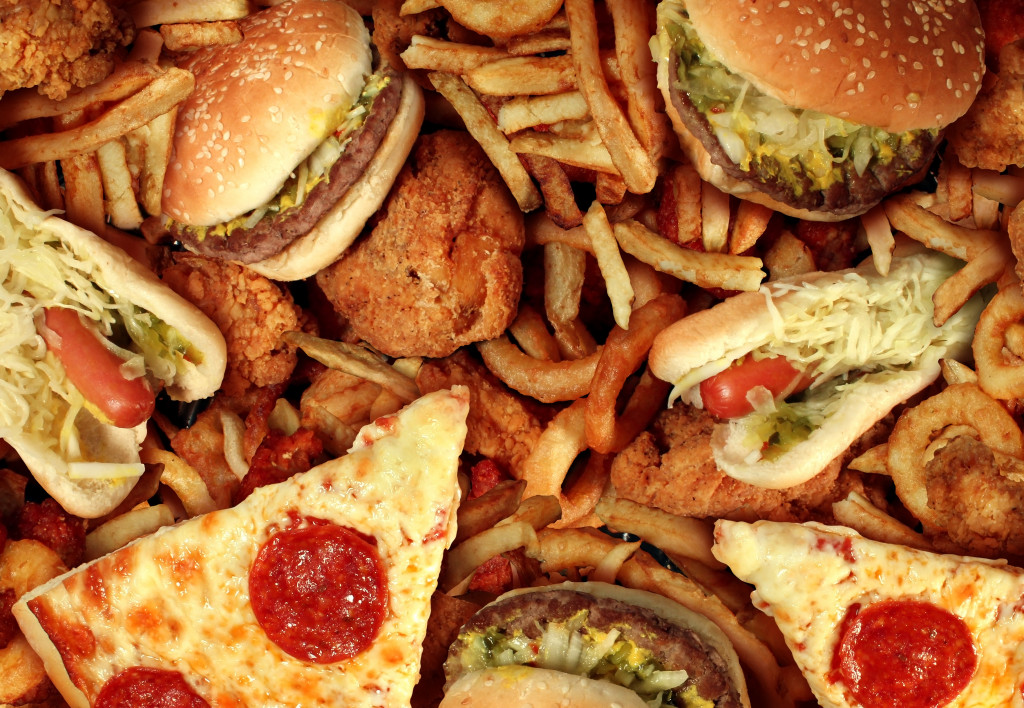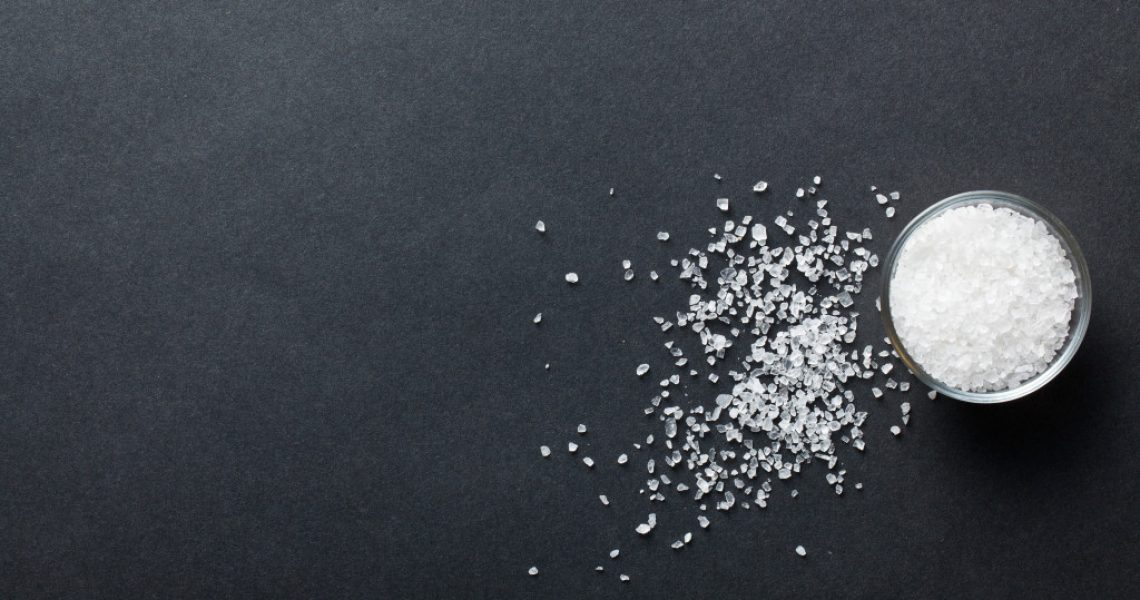You may not think much about salt, but it’s a pretty important part of your diet. Here’s a quick overview of salt, how it affects your body, and how much you should eat.
What is Salt?
Salt is a mineral made up of sodium and chloride. It’s found in small amounts in almost every food and added to many processed foods. When you eat salt, your body retains water to maintain the balance of fluids in your blood.
The American Heart Association recommends that adults consume no more than 2,300 milligrams of sodium per day—about one teaspoon of salt. However, the average American consumes about 3,400 milligrams of sodium per day.
Salt and the Body
So what happens when you consume too much salt? Here are some ways salt can affect your body:
Thirst
One of the most immediate effects of salt is that it makes you thirsty. This is because salt makes your body hold onto water. When your body holds onto water, it can cause dehydration, fatigue, headaches, and even dizziness. One way to deal with this is to hydrate yourself if you’re consuming salty food. You should also decrease the amount of salt found in your food.
Blood Pressure
Another effect of salt is that it can raise your blood pressure. This is because salt causes your body to retain water, and fluid retention can increase blood pressure. So if you already have high blood pressure, you should be careful about how much salt you consume.
Kidney Problems
In addition to making you thirsty and raising your blood pressure, consuming too much salt can also affect your kidneys. This is because when your body retains water, it strains your kidneys. Over time, this can lead to kidney damage or even kidney disease. Once again, hydration can help reduce the strain you have on your kidneys.
Tooth Loss
Salt has also been known to contribute to tooth loss and cavities. This is because salt can cause dry mouth, decreasing saliva production. Saliva helps wash away food particles and bacteria that contribute to tooth decay. Dentists suggest immediately replacing any tooth you’ve lost from your high salt intake. This is to protect your mouth from further damage. A robust dental implant can cover gaps between your tooth and protect it from gum infection. Additionally, it can improve your self-esteem and confidence in smiling.
Bloatedness
Too much salt can also cause bloating and dehydration. If you overeat salt, your body will try to get rid of it by making you urinate more. This can make you feel tired and weak. In extreme cases, it can lead to coma or death.

How to Reduce Your Salt Intake
You should start reducing your salt intake once you experience any of the adverse effects mentioned above. Here are some tips to help you cut back on salt:
Stop Eating Processed Food
Avoid processed foods and cook at home using fresh ingredients to reduce your salt intake. When dining out, ask for your food to be prepared without salt.
Reduce the Use of Condiments
Many condiments and sauces, such as soy sauce and ketchup, are high in sodium. Instead, consider flavoring your food with spices that can be healthy for you.
Experiment with Spices
Some many herbs and spices can add great flavor to your food without the need for salt. Here are some great substitutes for salt:
- Soy Sauce: This dark sauce is excellent for marinating and adding a salty taste to food. However, you’ll use less than table salt because of its concentrated flavor.
- Garlic: Garlic adds a savory flavor to cooking without the added sodium.
- Lemon juice or vinegar: These ingredients add brightness and acidity, complementing the flavors in your dish.
- Cumin: This smoky and nutty spice adds depth to dishes like chili or tacos.
Low-Sodium Alternatives
You can also seek out low-sodium alternatives to your favorite salty snacks, such as low-sodium versions of chips or meats.
Listen to Your Body
Pay attention to how your body feels after eating high-sodium foods. If you notice adverse effects, try reducing your salt intake and replacing it with healthier seasonings.
Salt is integral to a healthy diet, but too much salt can harm your health. By understanding what salt is and how it affects your body, you can make informed choices about how much salt you consume. To reduce your risk of high blood pressure and other health problems, limit your intake of processed foods and eat fresh foods whenever possible.

